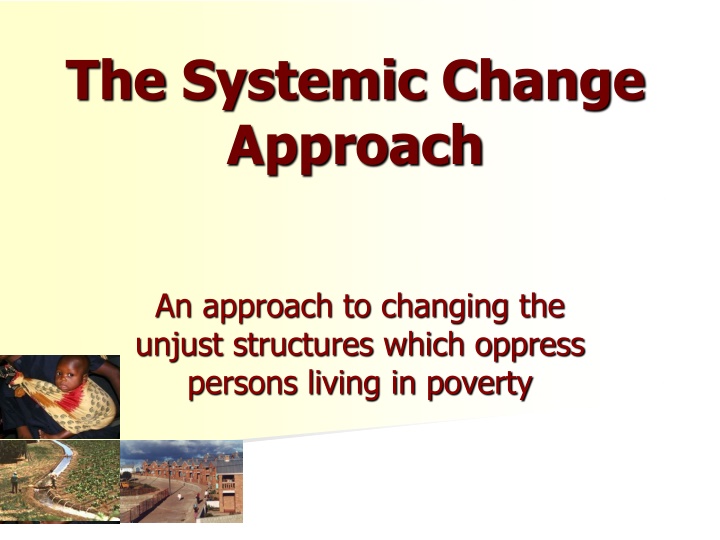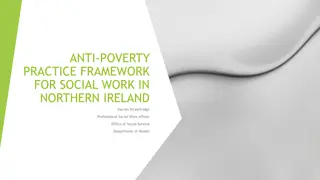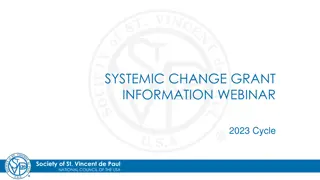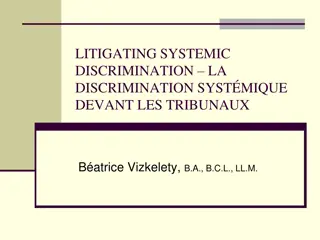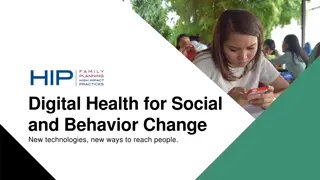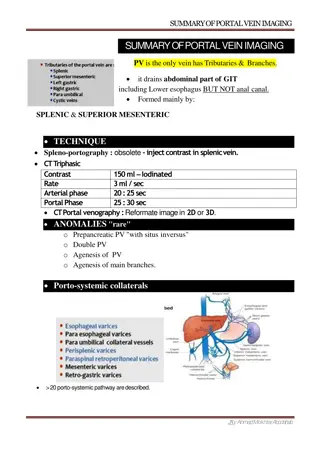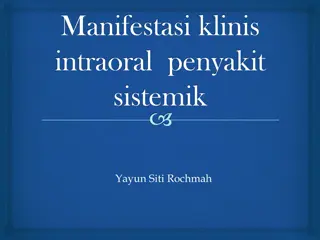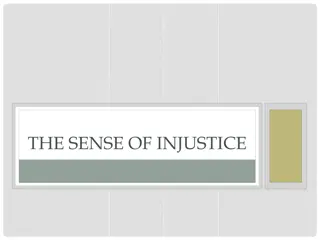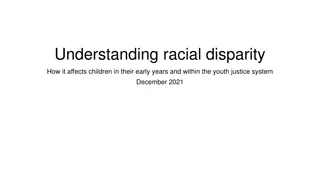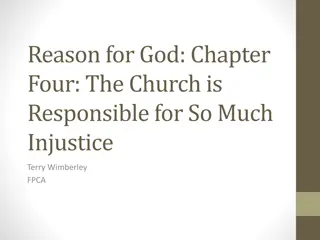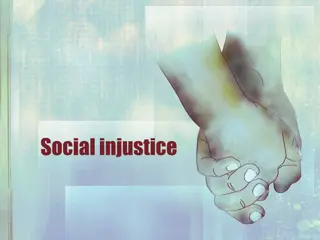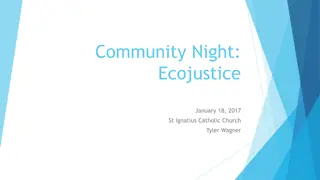Empowering Change: The Systemic Approach to Addressing Social Injustice
Explore the systemic change approach to combating unjust structures that oppress individuals living in poverty. Delve into understanding systems as interconnected wholes and the significance of systemic thinking in driving transformation. Uncover the complexities of social systems and the need to act locally for tangible change, while reflecting on personal experiences and the surrounding systems contributing to poverty. Embrace the empowerment to make a difference and ignite hope through collective action.
Download Presentation

Please find below an Image/Link to download the presentation.
The content on the website is provided AS IS for your information and personal use only. It may not be sold, licensed, or shared on other websites without obtaining consent from the author.If you encounter any issues during the download, it is possible that the publisher has removed the file from their server.
You are allowed to download the files provided on this website for personal or commercial use, subject to the condition that they are used lawfully. All files are the property of their respective owners.
The content on the website is provided AS IS for your information and personal use only. It may not be sold, licensed, or shared on other websites without obtaining consent from the author.
E N D
Presentation Transcript
The Systemic Change Approach An approach to changing the unjust structures which oppress persons living in poverty
A System A system is a perceived whole whose elements hang together because they continually affect each other over time and operate toward a common purpose.
Systemic Thinking A system is composed of parts, but you cannot understand a system by looking only at its individual parts. You need to work with the whole of a system, even as you work with individual parts or isolated problems.
Social Systems Social and political institutions are : context meant to provide the resources people need to survive meant to ensure that basic human needs are met. often exclusive, unequal and entrapping
Systemic Thinking If you want to change individual or local behaviours, or if you want to resolve an issue, you have to tune into the system-wide influences on the behaviour or the issue. You have to use what is going on in the whole system to understand individual behaviour, and you have to inquire into individual behaviour to learn about the whole.
Keywords Root causes Transformation Systems
Act locally. Change is Possible Hope is kindled
Where to begin Your stories Your experience Our spirituality
Act locally. Change is Possible Hope is kindled Each of us holds a piece of the jigsaw in ministry Each of us sheds a little light through it Each of us holds hope in our hands Each of us can act for change
Act Locally: Reflect Start with your own experience Who do you walk with? What to you see? What are you called to do? What is the challenge? What are systems that surround your people? What causes the poverty? What will transform it and the lives of the people? Who can help?
Our stories and experience At the beginning of the process, each of the members of the Commission wrote a story, based on his or her own experience, about a work in which systemic change has taken place. In each one of the stories presented, we identified effective strategies that might be used in working toward systemic change in our projects among the poor.
Strategies according to their orientation and main objectives: Mission oriented Strategies Person Oriented Strategies Task oriented Strategies Strategies oriented towards solidarity and networking
Our Tradition Strategies oriented towards solidarity and networking This set of strategies addresses the need to be a transforming force within society through networking and political action. From our own tradition we know that St. Vincent intervened in political situations to alleviate the sufferings of the poor. We know that he became a very influential public figure. Vincent established strong, enduring relationships with kings, queens, ministers, public authorities, with the nobles, members of the church hierarchy and the poor themselves.
Our Tradition Vincent raised the consciousness of the authorities of his time to their responsibility for charitable works. He sensitized politicians to their moral duty to assist the poor. Thus, he was able to found and operate hospitals with public monies. He used the expression public good. He was concerned with the good of social groups: prisoners, children, war refugees, etc).
In 1849, Frederick Ozanam wrote: Charity is not sufficient. It treats wounds, but it does not stop the blows that cause them ... There is an immense poor class which does not wants alms, but institutions. He encouraged the members Society to join people living in poverty in their quest to change unjust social structures.
A prophetic attitude asks us to consider WHAT IS THE RIGHT THING TO DO (in the face of poverty, oppression and marginalization) so that .the oppressed go free and the year of the Lord is realized. Vincent, in his day, thought about a reversal of the status quo. Holding out an alternative world to us and asking us to enter it, he calls his followers servants and the poor the masters. Pope Benedict - charitybegins with justice: ( If we love others with genuine charity, then first of all we are just towards them ).
Vincent de Paul and Louise de Marillac were leaders of change: Vincent and Louise were skilled communicators of their vision; they kept their message simple and heartfelt in order to develop understanding, commitment and energy for attending to the vision (conversations, letters, conferences) they empowered others to act; they understood that leaders do not achieve the vision on their own. Vincent excelled in the process of empowerment. He listened to others ideas, sought their advice, and provided the tools that were needed to achieve the mission. Vincent empowered his followers by stipulating core values, rules, and virtues such as respect and mutual support. In today s world they would be enduring models of systemic change leadership.
Act locally. Change is Possible Hope is kindled Each of us holds a piece of the jigsaw in ministry Each of us sheds a little light through it Each of us holds hope in our hands Each of us can act for change
To work as Vincentian Family, having persons who live in poverty at the center of our projects, we seek to work first on ourselves, with a renewed mentality and wider perspectives, to be transformed ourselves, in order to transform others. Commission for promoting Systemic Change
